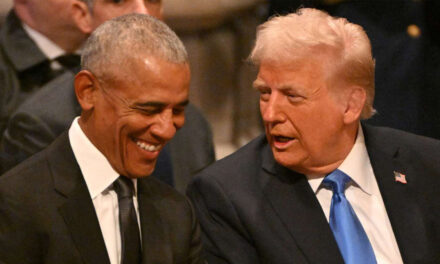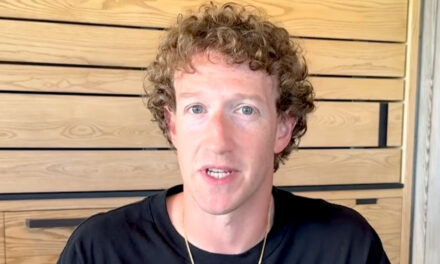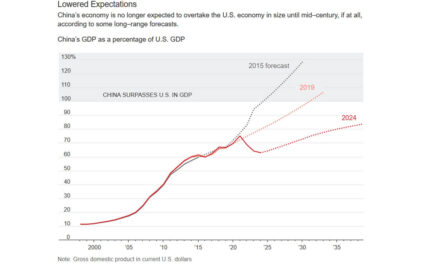
Congress Acts to Eliminate Surprise Medical Bills
Lawmakers in the House and Senate are working together on legislation Senator Lamar Alexander (R-TN) describes as a “Christmas present” to America. Patients will be able to know the costs of medical care before it is administered.
“I do not think it is possible to write a bill that has broader agreement than this one does among Senate and House Democrats and Republicans on Americans’ number one financial concern: what they pay out of their own pockets for healthcare,” said Alexander.
The Lower Health Care Costs Act introduces arbitration, a system for dispute resolution designed to protect patients when insurance companies disagree with providers.
In cases where patients receive emergency out-of-network care, providers would be paid based on a benchmark rate that matches the average rate for in-network care in that region. Providers can appeal charges to an independent arbitrator only if those charges exceed $750 and would be prohibited from bundling charges.
What this means for patients: they won’t pay any more money for out-of-network emergency care than they would for in-network care and they won’t be subject to “balance billing,” when a patient is charged the full difference between what an insurer is willing to pay for an out-of-network provider and what that provider wants to charge.
The deal, with support from the Trump Administration, could save the government nearly $20 million.
The Lower Health Care Costs Act also includes five years of funding for community health centers, introduces a new measure to increase transparency and competition for prescription drugs, and addresses the vaping epidemic by increasing the minimum age to buy tobacco products to 21.
Lawmakers hope to attach the bill to a spending package due December 20th.
Author’s Note: This is a major step forward in getting Americans in charge of their own healthcare. And its bipartisan.
























Sounds good in principle, but it essentially forces physicians, at least emergency physicians, to be ‘participating providers’ with that insurance, accepting their ‘in-network’ fees as full payment. Most of us negotiate with our insurers and, if they won’t agree to a fair fee, we don’t sign with them. Patients can then see us out-of-network if they choose. I understand that patients don’t always have a choice when seeking emergency care and I realize that their bills can be significant. But if you effectively force all docs to take what the insurer wants to pay, then the insurer will ratchet down what it pays until it gets so low that the docs can’t remain in practice. Take away the physicians’ ability to opt out and they become indentured servants at best, and unemployed at worst. Then what will the patient do?
Don’t know enough to have an opinion either way, but good points.
What this article fails to mention, citing Congress & Senate working together on this, is that PRESIDENT TRUMP SIGNED THIS BILL INTO EFFECT the same day the Schiffy Jiffy Impeachment Farce wrapped up. So congress was just a little too busy w/ impeachment folly to even notice at the time of signing. Our Prez at work even in controversy! Impeachment scandal is a mini-vacation for congress: not doing any of the real work we elected them for, Nadler naps while slobbering all over himself right on camera & 1 congressman was even photographed watching GOLF on his monitor during proceedings. Others are probably told “just sit back, shut up & vote dem party line.”